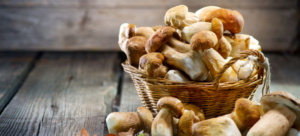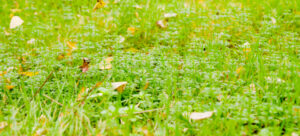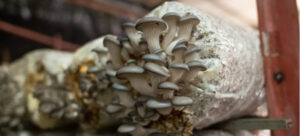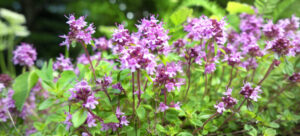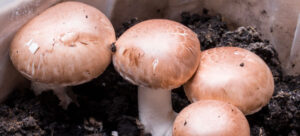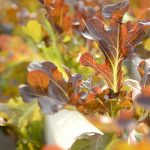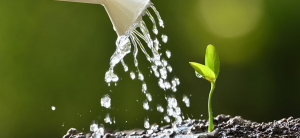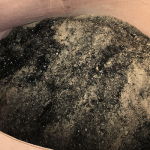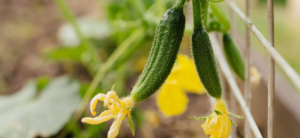
While it's definitely starting to get colder, there are still winter garden vegetables you can grow year-round!
For so many of us, gardening is a hobby we are passionate about. Its a huge part of our lives, and not being able to grow for 3-4 months out of the year is awful.
For some, the solution is simple: just move the garden indoors! This is an awesome way to keep growing year-round, and this style has tons of other benefits as well. You can learn more about it in our definitive guide on indoor growing.
For the sake of this article, however, we will focus on the great outdoors. There are plenty of winter garden vegetables that you can plant late in the year, and occupy your time until spring comes.
Before we start listing our favorite veggies and plants, we need to cover some basic information on winter gardening.
What does winter gardening mean?
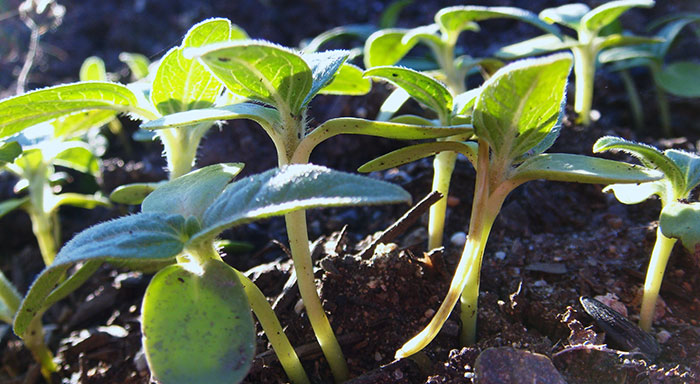
Before we get too deep, we need to clear up what we mean when we say ‘winter gardening’. Does this mean you can grow huge, delicious fruits and vegetables in the middle of January with temperatures of -5 degrees Fahrenheit?
Simply put, no.
Winter gardening can mean two things: You either harvest your vegetables in wintertime (usually December at the latest), or you sow seeds going into winter (between September and November).
When you sow seeds going into winter, you can’t expect your veggies to start producing quickly. More often than not, winter gardening is simply about keeping plants alive through winter so they have a head start once the ground starts to thaw in the early springtime.
How climate factors into your winter vegetable garden
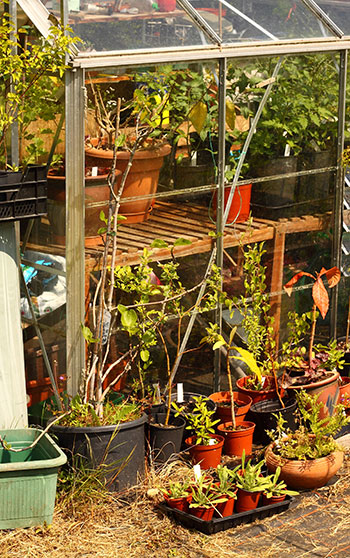
A huge success factor with winter veggie gardening will be your climate. Obviously, it is much easier to grow things outdoors in regions that have very mild winters, such as California.
On the flip side, it will be more challenging to garden in an area with harsh winters, such as Minnesota. But, this doesn’t mean it's impossible!
Know Your Plant Hardiness Zone
The USDA has an awesome Plant Hardiness Zone Map on their site, which allows you to put in your zip code and determine your hardiness zone.
For example, Hydrobuilder is in Zone 9a - which experiences, on average, an annual minimum temperature of 20-25 degrees Fahrenheit.
Once you are familiar with your hardiness zone and know what sort of temperatures you can expect on average, you can plan your winter vegetable garden better.
As you’ll learn shortly, certain veggies can withstand much lower temperatures than others. This means that all the vegetables you can grow in California may not thrive in Minnesota!
The top winter garden vegetables
As we mentioned earlier, not all of these winter garden vegetables will be suitable for your specific climate.
You need to do a little research to determine your lowest temperatures, and then ensure your veggies can withstand this. In general, though, these are the best winter garden vegetables we know of.
Garlic
Garlic is perhaps the easiest veggie you can grow. There are so many different varieties to choose from, and they are all known for being pretty hardy.
You can plant your garlic in the fall, and it will be ready to enjoy by next summer.
Onions
Just like garlic, onions are incredibly easy to grow during winter. They practically grow themselves after you sow their seeds! They also have a pretty long growing season, and when you plant in autumn, they won’t be ready till summer.
This means that if you are planning on growing other vegetables come springtime, you’ll need to plant your onions carefully to make sure you have space since these will still be in the ground.
If you are looking for a recommendation as to the type of onion you should grow, you cannot go wrong with spring onions. This is a super winter hardy variety, and it makes for a very tasty companion for winter salads!
Plus, this variety grows pretty quickly. If you plant in fall, you may be able to harvest these come springtime, freeing up the garden for spring or summertime planting!
Perpetual spinach
This is a unique winter crop because you can plant in early autumn and start plucking spinach leaves throughout winter. Perpetual spinach is classified as a “cut and come again” crop because it just keeps growing until you pull it out of the ground or it dies!
However, you do need to pluck any flowers that start to show, as these will cause the plant to start seeding, and prevent further leafy growth.
Peas
While they may not be everyone’s favorite, peas are an easy, hardy crop you can grow through the winter. Simply sow your seeds in autumn, and your crop should be finished in early spring.
Not all peas are created equal, though. If you are looking for the hardiest varieties, try Pea ‘Meteor’ or Pea ‘Kelvedon Wonder’.
Asparagus
Asparagus 'Mondeo' or the colorful variety 'Pacific Purple' are two varieties of asparagus that can thrive in harsh winter conditions. This is a veggie that you won’t get to reap the benefits of gardening right away.
Rather, asparagus beds can take a year or two before you can harvest them. But, it is worth the wait - as these varieties can produce yields for 20+ years!
Carrots
This ground-dwelling crop is super popular but isn’t the easiest to grow. But, if you can get your hands on some Adelaide Carrots, you are in for a treat.
Plant these in November, and they will be ready in early spring. Or, you can try and harvest them during winter, by planting in Summer. They will be ready around November or December.
Lettuce
Lettuce is one of the absolute best winter garden vegetables. There are tons of varieties you can choose from as well, including ‘Winter Density’, ‘Red Salad Bowl’, and ‘Winter Marvel’. These are some of the hardiest varieties of lettuce we know of.
But, if you are up for a challenge, consider one of Salanova lettuce varieties. These are much smaller, baby-sized plants with beautiful, tasty leaves.
Kale
Not only can kale survive tough winter conditions, it actually gets better when the temperature drops! You can sow your kale in early fall, and as the temperatures drop through late fall, the flavor will improve! This could be due to stress.
Some of our favorite kale varieties for winter gardening are ‘Winterbor’ and ‘Red Russian’. If you had to choose a vegetable for your winter garden, this should be it - it's incredibly hardy.
Spinach
Spinach actually thrives during colder weather. You can sow seeds in mid to late September, and harvest your spinach leaves all through winter and well into the springtime.
There are varieties of spinach specifically bred for winter growing, such as ‘Giant Winter’, ‘Tyee’, ‘Melody’, or ‘Winter Bloomsdale’.
Arugula
Arugula is a great winter garden veggie. There are two varieties hardy enough to make it through cold winter temperatures: wild and garden. While the wild variety will grow a bit slower than garden varieties, it is much more cold resistant. Plus, the wild variety will be more flavorful.
You can start planting your arugula in early September and enjoy the crop at your leisure. Either let the plant grow to maturity to enjoy full-sized leaves or consume the baby crops!
Swiss Chard
Chard can be grown in conditions that most vegetables cannot. It can flourish in temperatures between 20-100 degrees Fahrenheit, and even in poor soil with minimal nutrition.
This special veggie will tough out the harsh, winter months. When the sun shines, it will start growing again and can be an easy source of nutrition when other veggies aren’t viable.
Protecting your plants from cold, frost, and snow
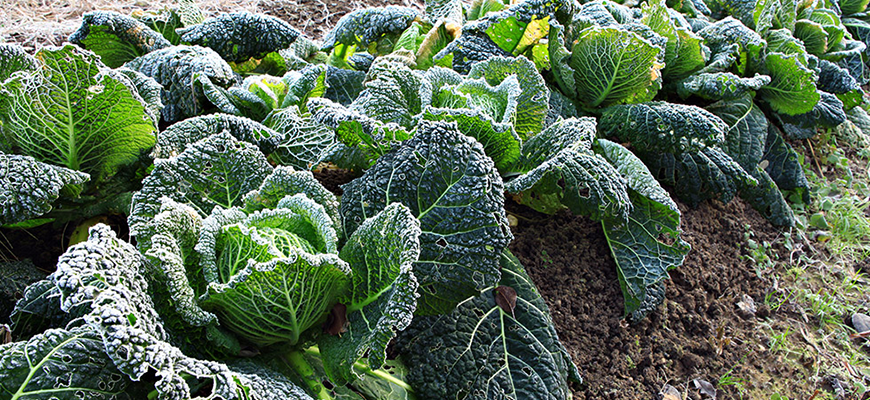
Now, just because these veggies do well in the cold, doesn't mean you can just sow them and forget about them.
You need to take care of them as temperatures continue to drop, especially if you aren't growing in a greenhouse. You can create a makeshift cold frame if you have the time and resources, but many of us don't want to go to those lengths. Here are some of the best ways to protect your winter garden from harsh weather:
- Design your garden to be frost resistant
- Harden off seedlings indoors
- Cover your plants before nightfall
- Warm plants with water jugs, lights, etc.
- Water before a frost
If you want to learn more about protecting your plants from frost, read our complete guide! We go in-depth into all of these tactics, and explain more on keeping the garden going during winter.
Final thoughts on winter garden vegetables
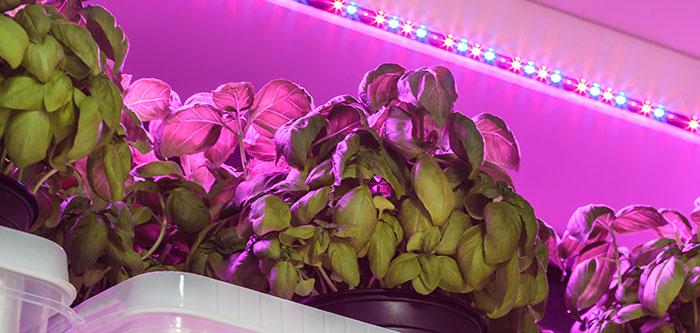
If all of this sounds like a hassle, and you aren't ready to give up your favorite spring and summer plants, all is not lost! Just about everything you can grow outdoors can be grown indoors as well.
Here at Hydrobuilder, we carry all the supplies you need to start your indoor garden. From seed starting kits to complete grow tent packages, you'll find it all here. Start with our guide on indoor growing to get a better idea of what this style is all about!
